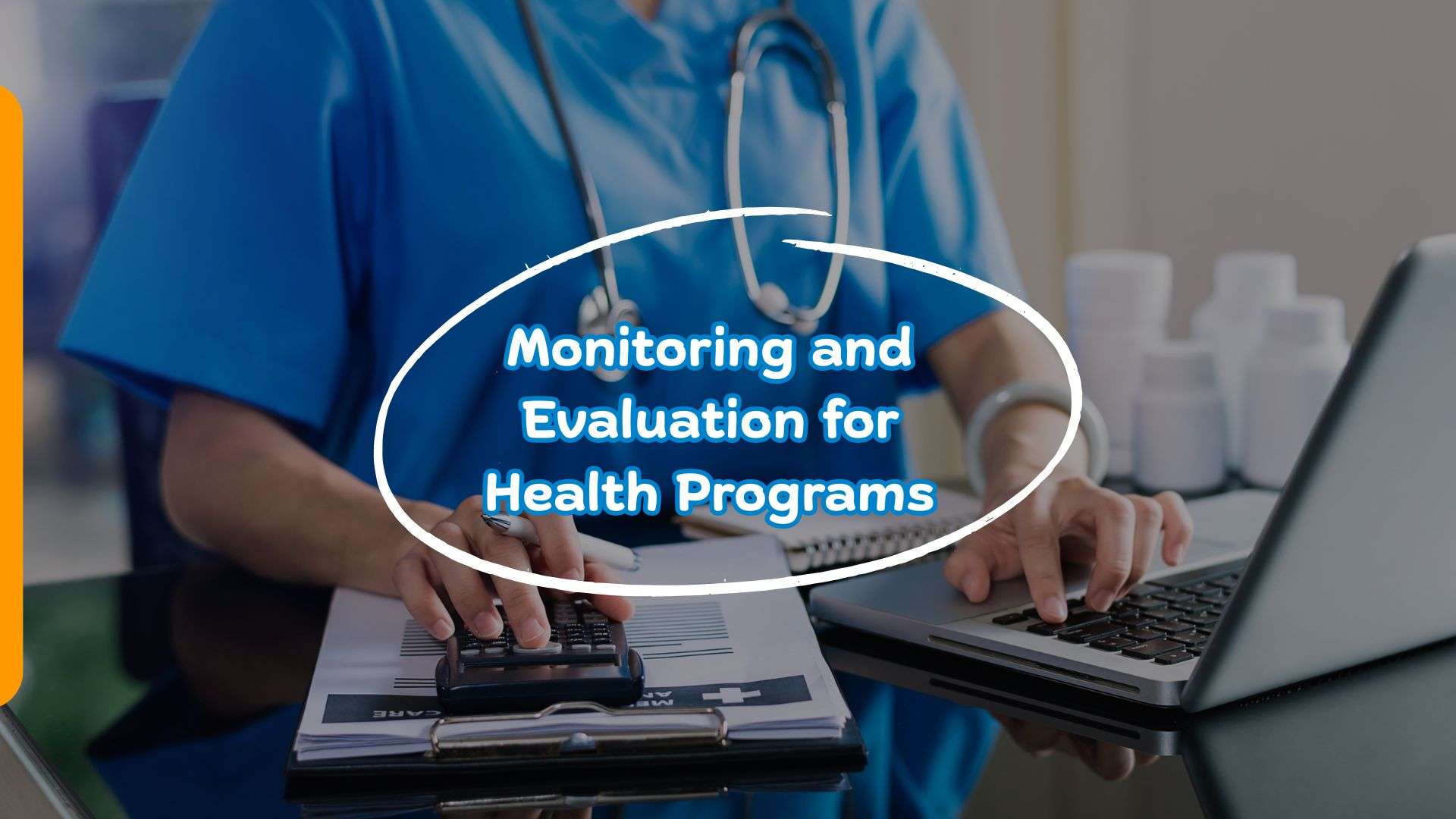
Training on Monitoring and Evaluation for Health Programs
Monitoring and Evaluation helps in collecting, analyzing and transforming health data into strategic information for informed decision making, improved effectiveness and enhanced advocacy in health programs. M&E will help to ensure that health programs are implemented as planned and to assess whether desired results are being achieved.
This course aims to build the capacity of M&E professionals working in the health sector. The acquired M&E skills will assist the participants to improve health program planning and performance management and enhance the institutionalization of the collection of health-related data and the analysis of program impact. The main topics covered include the development of monitoring and evaluation for key health sector program areas; HIV and AIDS, STDs, TB, maternal health, family planning, child health and reproductive health.
Target Participants
This course is designed for researchers, project staff, development practitioners, managers and decision makers who are responsible for project, program or organization-level M&E in the Health sector.
What you will learn
By the end of this course the learners should be able to:
- Understand monitoring and evaluation (M&E) of health programs
- Design a health project using logical framework
- Develop indicators and targets for each result level
- Track performance indicators over the life of the project
- Evaluation a health project against planned outcomes
- Develop and implement an M&E system
- Develop a comprehensive monitoring and evaluation plan
Course duration
Online7 Days
Classroom-based 5 Days
Introduction to Strategic Information in Health Programs
- Need for reliable information in health programs
- Components of strategic information
- Uses of strategic information
- Strategic information and program life cycle
- Decision making using strategic information
M&E System Strengthening for Health Programs
- Why M&E System strengthening in health?
- Use of M&E System strengthening tool
- Content of M&E System strengthening tool
Introduction to M&E
- Definition of Monitoring and Evaluation
- Why Monitoring and Evaluation is important
- Key principles and concepts in M&E
- M&E in project lifecycle
- Complementary roles of Monitoring and Evaluation
M&E Frameworks
- Conceptual Frameworks
- Results Frameworks
- Logical Framework Analysis (LFA)
- LogFrame - Design of projects using LogFrame
M&E Health Indicators
- Indicators selection
- Indicator metrics
- Linking indicators to results
- Indicator matrix
- Tracking of indicators
M&E Plans in Health Programs
- Importance of an M&E Plan
- Documenting M&E System in the M&E Plan
- Components of M&E Plan-Monitoring and Evaluation components
- Using M&E Plan to implement M&E in a Project
Gender Perspective in M&E for Health Programs
- Importance of gender in M&E
- Integrating gender into program logic
- Setting gender sensitive indicators
- Collecting gender disaggregated data
- Analyzing M&E data from a gender perspective
- Appraisal of projects from a gender perspective
- Issues with integrating gender into M&E
Health Programs Evaluation
- Determining evaluation points from results framework
- Components of evaluations: implementation and process evaluations.
- Evaluation designs- experimental, quasi-experimental and non-experimental
- Performance evaluation process
- Evaluation findings sharing and dissemination
Impact Evaluation in Health Programs
- Why impact evaluation is important
- Project attribution
- Counterfactual in IE
- IE Methods; Difference in Difference & Propensity score matching
M&E Results Use and Dissemination
- Data demand and use in health programs
- Use of M&E Lessons learnt and Best Practices
- Organization knowledge champions
- M&E reporting format
- M&E results communication strategies

